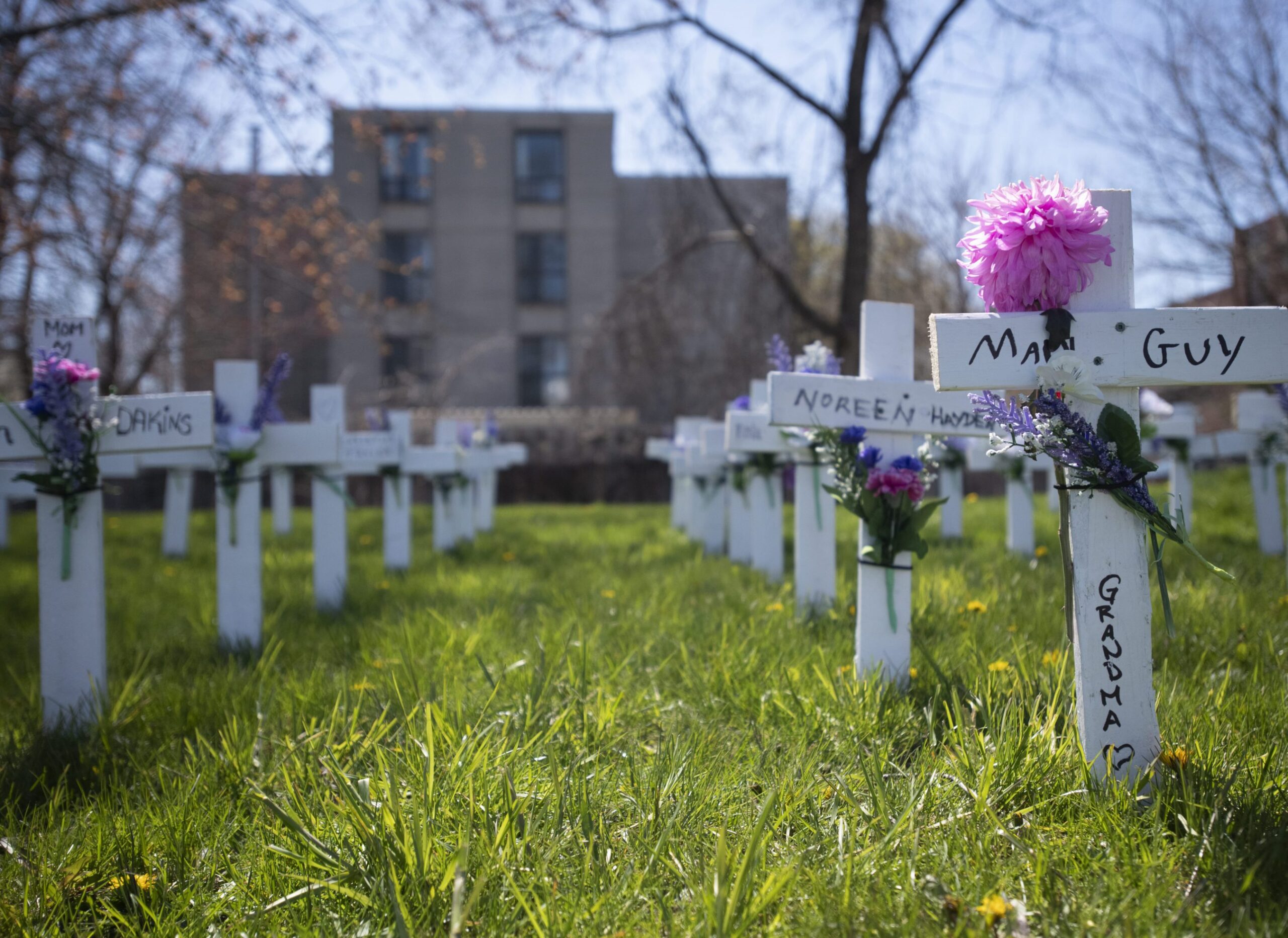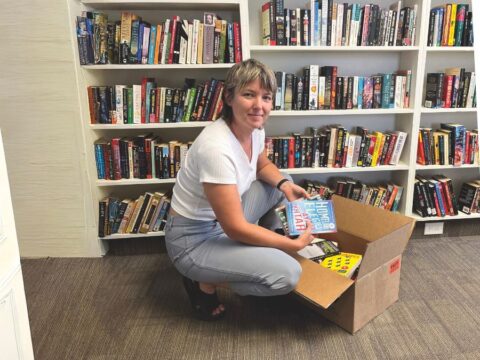I’ve had a lot of time to think about things that are going wrong. You’ve probably done the same. Right now, the faults and cracks in the foundation of our world have never been easier to see. Comfort isn’t just a luxury; it’s a necessity for getting by. So, naturally, I think of Mister Rogers.
There’s a single quote of his that resurfaces on social media and in casual conversations whenever something truly terrible occurs: “Look for the helpers.”
You may unsubscribe from any of our newsletters at any time.
Those four words have been stretched and repeated far beyond their initial context, becoming an almost immediate balm for those who say them. The quote is often misattributed to a special broadcast he shot directly following 9/11; in fact, he told the story many times, including in a 1986 syndicated newspaper column and a 1999 interview with Karen Herman for the Archive of American Television.
Look for the helpers; I’ve held that sentiment close to my heart for years. But it’s also, by necessity, a simplified view of things for children. We are living through a slow-rolling tragedy; one that contains multitudes of sorrow and fresh ways to become disappointed every day. We are looking for the helpers, and we are watching them die.
More on Broadview: COVID-19 gives Mother Earth a chance to heal — if we let her
I’m not the only adult to grapple with this universal adage about compassion and the goodness that can be found in humanity if you look hard enough; others before me have argued that we cannot hold onto platitudes for children as adults, or that our true purpose is to become the helpers ourselves.
Right now, our obligation is not just to ourselves, but to the future; to the history of this moment that is already being reframed and rewritten as we speak. We should look for the helpers, but we have an obligation to remember the ones who opposed them, too.
While COVID-19 is the result of a chain of events that occurs constantly in nature, it’s an outright lie to say that everything that has happened so far, and that will happen going forward, could not have been different. This is a human tragedy perpetuated by human goals, human greed and human individuals. And if we allow their actions to become absorbed into the amorphous blob of hindsight, then they will escape justice in every sense of the word. Tattoo their names and their actions in your brain, otherwise they’ll only do it again next time. And if they have their way, there will be a next time.
So when a provincial government declares its intentions to proceed with environmentally-hazardous projects during a pandemic because no one will be around to protest them? Remember that.
When long-term care facilities (over half of which are privately-owned) become incubators for a plague after chronic neglect and mismanagement, to the point of military intervention? Remember that.
When our leaders prioritize commerce over safety, fail to provide adequate support in either category, and disregard what few protections they have asked the rest of us to follow? Remember that.
The people who have discovered that their sense of empathy cannot extend to wearing a mask; the ghouls who call workers “human capital stock” while urging them to die for profit; the fact that a single man is going to become the richest human in history while his workers die on the job and his propaganda crowds out legitimate news; remember them all.
Look for the helpers, celebrate them, and help in any way you can. But save a place for those who looked at a crisis and found an opportunity to profit. Remember the ones who hurt the helpers.
And never let them forget. History only repeats itself if we let it.
I hope you found this Broadview article engaging. The magazine and its forerunners have been publishing continuously since 1829. We face a crisis today like no other in our 191-year history and we need your help. Would you consider a one-time gift to see us through this emergency?
We’re working hard to keep producing the print and digital versions of Broadview. We’ve adjusted our editorial plans to focus on coverage of the social, ethical and spiritual elements of the pandemic. But we can only deliver Broadview’s award-winning journalism if we can pay our bills. A single tax-receiptable gift right now is literally a lifeline.
Things will get better — we’ve overcome adversity before. But until then, we really need your help. No matter how large or small, I’m extremely grateful for your support.
Jocelyn Bell
Editor/Publisher














